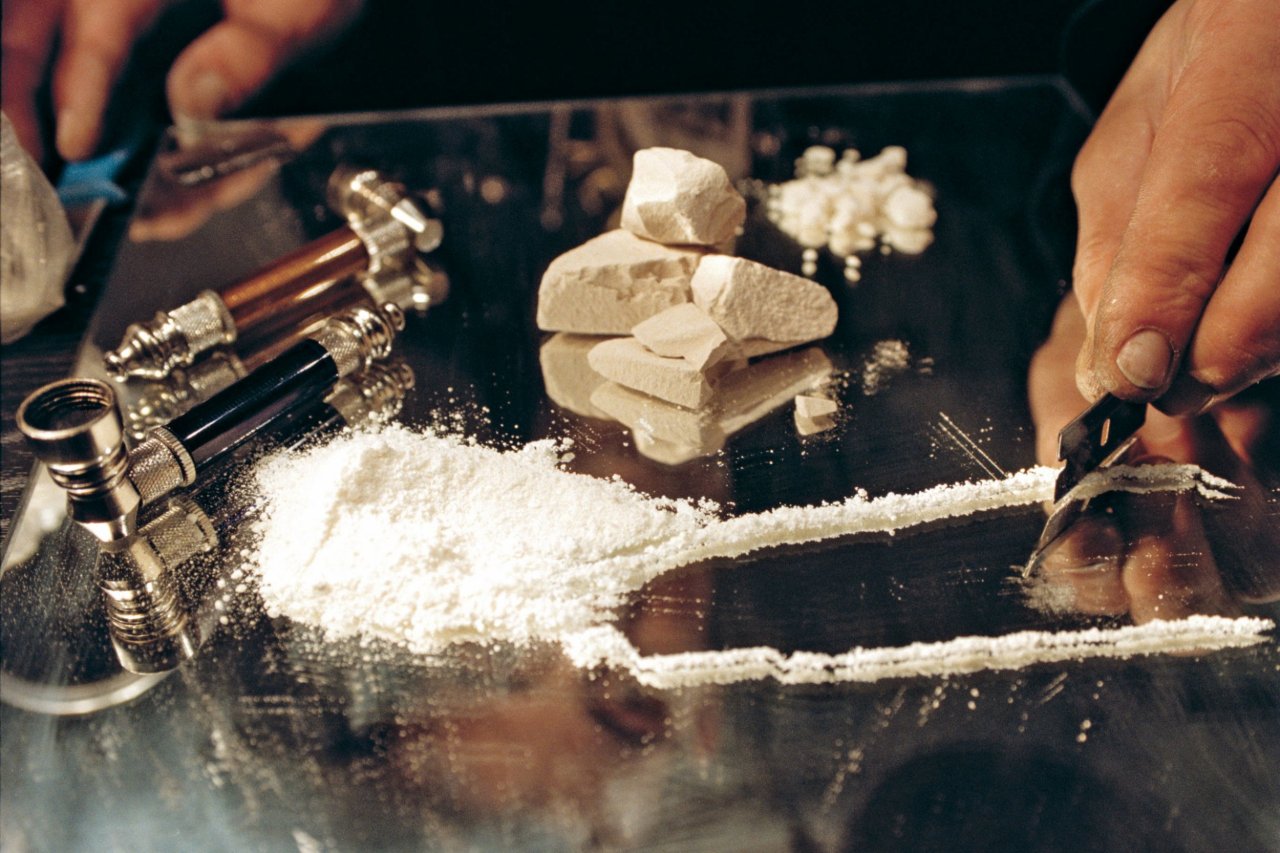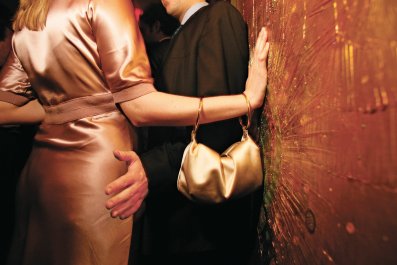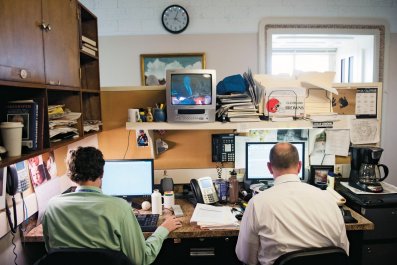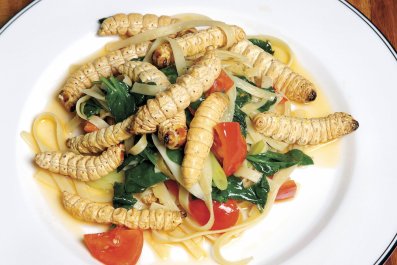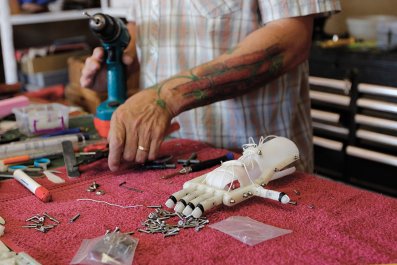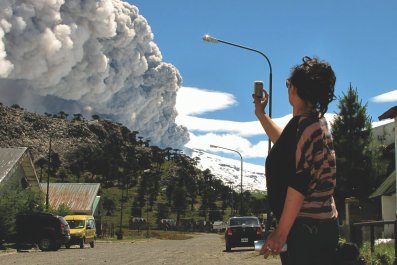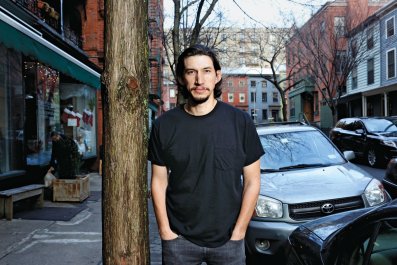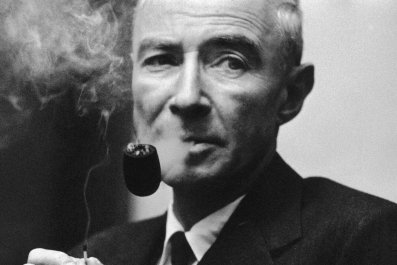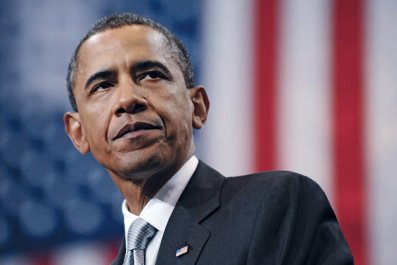A cure for cocaine addicts? It sounds like a shot in the dark, but scientists are close to testing a vaccine on humans following successful primate trials. In 2008, Dr. Ronald Crystal came across a copy of Newsweek with the coverline: "The Hunt for an Addiction Vaccine." Some five years later, the geneticist and pulmonologist at Weill Cornell Medical College may be close to ending the party on the party drug.
Dr. Crystal's vaccine involves using a common-cold virus with a molecule matching the shape of cocaine attached to it. When that virus is injected into the bloodstream, it triggers the immune system to begin manufacturing antibodies designed to destroy cocaine—and its pleasure rush. Later, if someone ingests the drug, the antibodies "act like little Pac-Men that sort of eat up the cocaine before it reaches the brain," Dr. Crystal says. In a recent test, monkeys that received the vaccination and were then given cocaine intravenously had no reaction to the drug. "It was like giving them water," says Dr. Crystal.
But the pitfalls of a previous vaccine may signal that any cure for cocaine addiction is just a great white hope. In 2010 a human trial of a cocaine vaccine caused some addicts to go "broke buying cocaine from multiple drug dealers, hoping to find a variety that would get them high," reported The Washington Post.
That's because vaccines don't help with a drug addict's cravings, Dr. Mary Jeanne Kreek, an expert on the biology of addictive diseases at The Rockefeller University, points out. And a risk of vaccines is that a user might overdose while trying for the high they're used to. "One is always terrified that cocaine addicts, or opiate addicts if it's an opiate vaccine, will attempt to use too much," she says. For cocaine addicts, there's the risk of "vascular damage beyond belief." Such is the need for any kind of vaccine to be coupled with counseling and other treatment.
For Dr. Crystal's study, human trials—about nine months away—would involve people who have stopped using cocaine and want to stay off it. Booster shots, if needed, will be available, too.



